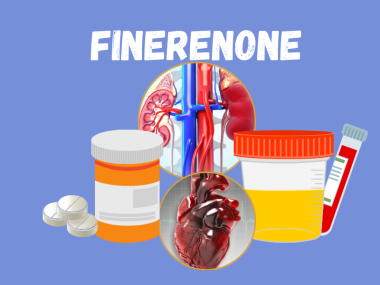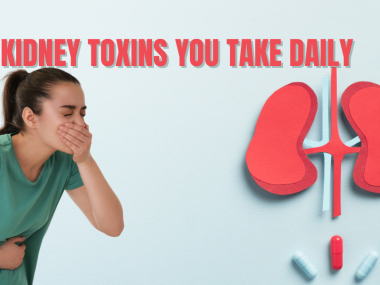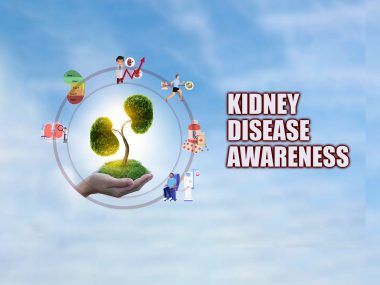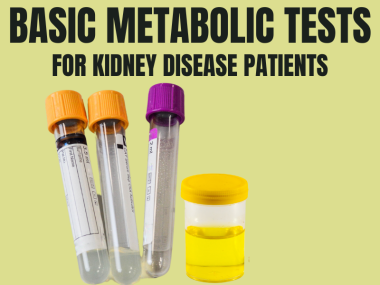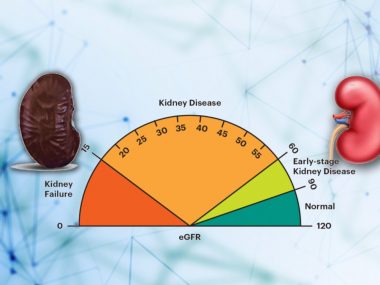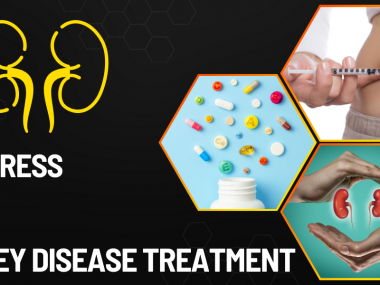Chronic kidney disease induces inflammation throughout the body. As a result, it speeds up the process of atherosclerosis, affecting all vital organs. Therefore, diet in the early stages of kidney disease should focus on cooling down this inflammation and slowing down atherosclerosis.
Also, most patients with eGFR above 30 and very minimal protein in the urine are not at high risk for rapid loss of kidney function, and their kidneys can comfortably filter the daily load of toxins. Still, it is prudent to reduce the burden on your weak kidneys by adopting a healthy diet.
Accordingly, even though patients with stage 2 to 3 kidney disease need to be careful about what they bring into their body, they should be smart about their diet, not strict.
Water and Weight
Do you know that water makes up a major part of our bodies? More than half of our bodies are just water. Water has since eternity been used by physicians as a healing agent.
For kidney patients, water brings several benefits. Drinking water throughout the day and before meals pacifies hunger and thus helps reduce calorie intake. It improves metabolism. And it doesn’t always have to be just plain water. Adding a couple of drinks of caffeinated beverages, like coffee and green tea, to the total daily fluid intake brings flavor to your fluids and a boost to the metabolism.
Count Your Carbs
Carbohydrates form the main part of our food. From apparently unhealthy foods, like highly refined grains and sugary drinks, to healthy-looking items, like cereal and canned fruits, our diets are rich in carbohydrates.
Why watching carbohydrates in our diet is so important? Recent research shows that carbohydrates are essential for a healthy diet, but their excess can be harmful. In fact, they have now been incriminated for many bad things that we previously attributed to the fats.
Highly refined carbohydrates and sugar-loaded beverages spike the sugar levels in our blood, followed by a surge of insulin. Under the influence of this insulin, the liver converts the sugar into fats. This bodily fat, particularly the one deposited in the vital organs, is responsible for much talked-about insulin resistance and resulting inflammation in the body.
According to current recommendations, carbohydrates should make up only 45 to 65 percent of daily calorie intake. However, I believe that soon, many nutrition guidelines would recommend a lower number. So, your best strategy is replacing highly refined grains with unrefined products and partially replacing your bread and rice with fruits and vegetables.
You can use calculator.net to calculate your daily need for carbohydrates. But remember that if you have diabetes, I do not recommend making any changes without bringing your doctor on board.
Feel Full with Fibers
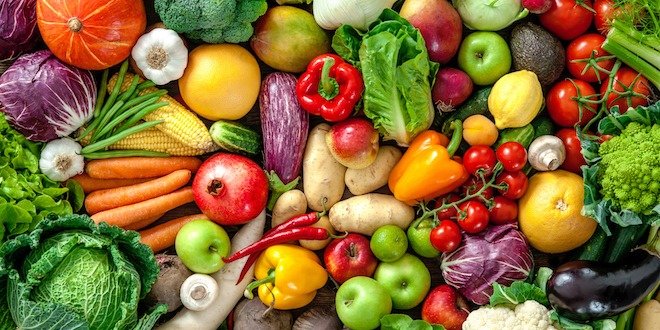
The benefits of fruits and vegetables are not limited to being just a form of good carbohydrates; these natural products are also rich in vitamins, minerals, and fibers. Fiber is a type of carbohydrate, one that our body cannot digest. In the gut, fiber slows down the absorption of sugar into the blood, avoiding the sugar spikes discussed above. Similarly, it decreases the absorption of fat. Therefore, increasing fiber in the diet, meaning fruits and vegetables, helps lower cholesterol and blood sugar levels, reducing the risk of atherosclerosis, diabetes, and hypertension.
Most guidelines recommend a daily fiber intake of 25 grams for women and 38 grams for men.
Be Prudent with Your Proteins
Overall, a diet with fewer carbohydrates and more protein has several health benefits. Protein calories are more filling than carbohydrate calories, helping regulate the appetite better than carbohydrates. Similarly, digesting protein burns more calories than carbs, resulting in net calorie loss and better weight management.
However, some research shows that a high-protein diet can hurt kidney function and speed up the loss of kidney function. Consequently, kidney disease patients should be careful of their protein intake. Because this topic is tricky and important, I will dedicate a whole blog to proteins alone.
Fats—Good or Bad and Good Vs. Bad

For more than five decades, we have vilified fats in our diet. However, the newest research has changed this perspective, and fats are coming in good light. For patients, though, all this data is too much to process, making it hard to follow. To make it simple, keep a few key points in mind.
There are four types of fats in our diet:
- Saturated fats
- Trans fats
- Monounsaturated fats
- Polyunsaturated fats
Most dietary guidelines, including American Heart Association, recommend cutting down saturated and trans fats and using more unsaturated fats.
Regardless of their dietary intake, all kidney disease patients need to keep their blood LDL level below 100 mg/dL, and it should be lower than 70 mg/dL if they have heart disease or diabetes. Unfortunately, such tight cholesterol control is not achievable with dietary restriction alone for many patients, and they almost always need medication.
Exercise and Weight

A healthy diet, which almost always brings a drop in calorie intake, is bound to cause some weight loss, at least initially. However, once we lose muscles, our body dials down its calorie use by slowing down the metabolic rate. As a result, we start to gain weight again, mainly in the form of fat. To avoid being trapped in this cycle, the best approach is to add a regular exercise regime to a healthy diet, for doing exercise not only regulates the metabolism but also improves your muscle and bone health.
A practical goal for a kidney disease patient is moderate-intensity exercise, best achieved by brisk walking for 30 minutes daily.
Older Patients Are Different
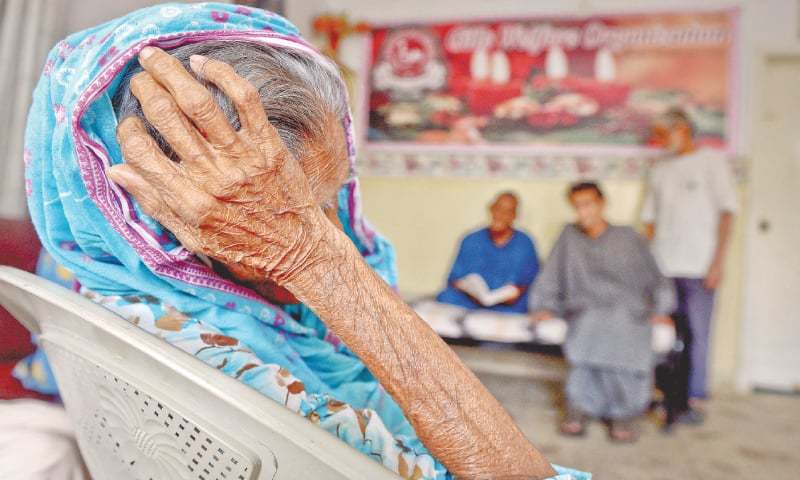
When it comes to the elderly, the dietary guidelines seem reluctant. There are no specific recommendations for older patients with kidney disease except caution. Remember that the protein restriction commonly recommended to slow down the loss of kidney function can adversely affect the overall nutrition of the elderly. Already, muscle loss sets in as we age. And this loss can be even faster if the patient has advanced kidney disease. Therefore, any effort of cutting protein to slow down kidney disease needs to be balanced with the risk of malnutrition.
As a rule, older patients should make changes in their diet only with the help of a dietician. This strategy ensures they get the right type and amount of protein and other dietary components, preventing muscle loss and malnutrition.
Herbal Supplements—Hard to Hold Back
Many kidney disease patients feel puzzled when doctors evade questions about herbal supplements. Behind this reluctance, there are two big reasons. First, the research supporting these supplements is limited. Second, many herbal products sold as healthy supplements have been causally related to kidney damage. Due to this reason, doctors avoid mention of herbs as a part of a kidney disease diet.
Naturally, all kidney patients look for a cure for their kidney disease, but using these supplements is not without risk and should be avoided. Remember that, compared to medicines, these supplements are not regulated by drug control authorities. Consequently, there is no check on the safety or efficacy of these products.
Luckily, National Kidney Foundation, the largest voluntary health organization dedicated to kidney disease, has a whole section of the website devoted to herbal supplements. Herbal enthusiasts can visit this site to quench their curiosity.
Further Reading:
https://www.heart.org/en/healthy-living/healthy-eating/eat-smart/fats/dietary-fats
https://www.kidney.org/atoz/content/herbalsupp#what-are-facts-about-herbal-supplements


